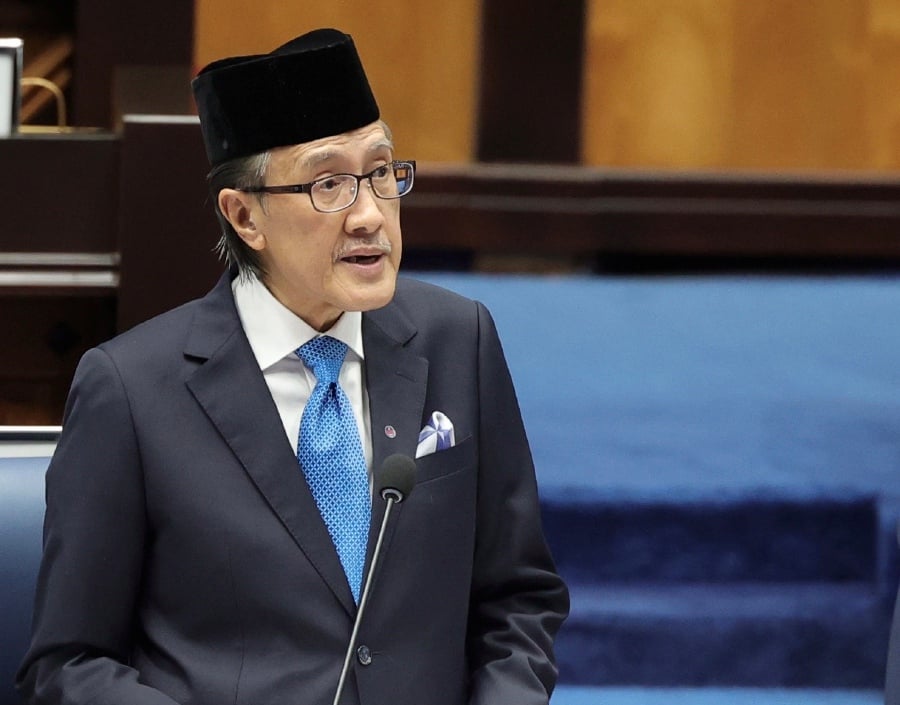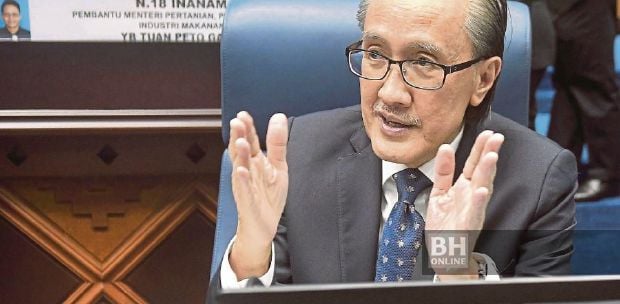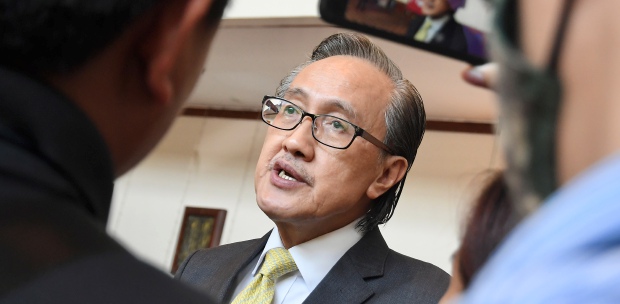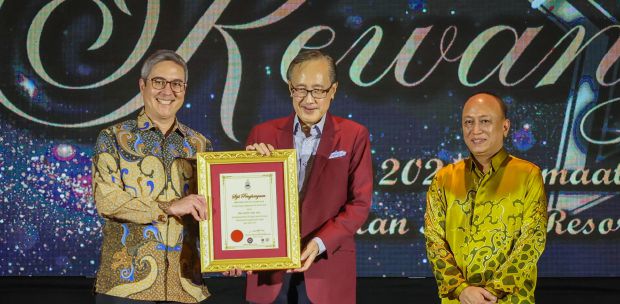KOTA KINABALU: The state government is allocating RM144.44 million to initiate balanced and sustainable development next year.
Sabah Finance Minister Datuk Seri Masidi Manjun said the Environment Protection Department will be allocated RM7.81 million to implement various activities including the integration of sustainable environmental protection into all development activities.
"The principles of sustainable development must be put into action in Sabah to support green growth initiatives," said Masidi during his 2024 Sabah state budget speech at the State Legislative Assembly.
He said studies and action plans need to be implemented, including preparation of the Sabah state environmental indicator report and review of the Sabah coastal management plan.
He also emphasised the preparation of guidelines for mining and quarry rehabilitation; and slope stability study in Kundasang.
"Priority will also be given to climate change mitigation and adaptation actions, as well as minimising the risks associated with disasters," said Masidi.
For this, he said a total of RM126.79 million has been allocated to the Sabah Forestry Department and Sabah Biodiversity Centre to manage and develop the state's heritage.
"Next year, the Sabah biotechnology development study will be completed in order to establish the Sabah biotechnology action blueprint 2024 – 2034," he said.
This blueprint will serve as a guide for systematic and sustainable biological resources exploration, he said.
Additionally, he said the development of forest-based recreation, such as payments for ecosystem service and carbon are alternative revenue sources that can be explored without compromising natural resources.
He said the Sabah Climate Change/Greenhouse Gas Unit has been established under the Sabah Forestry Department with an allocation of RM3 million.
"This unit will engage in initial tasks to lay the groundwork for developing climate change policies and carbon trading, as well as to assess the feasibility of all carbon-related projects in Sabah," said Masidi.
The principles of sustainability also emphasise balancing the development of various sectors in Sabah and reducing greenhouse gas emissions, he said.
"This will contribute to the long-term strategy of low carbon development, supporting the government's efforts to address climate change and its commitment to achieving net zero carbon emissions by year 2050," he said.





